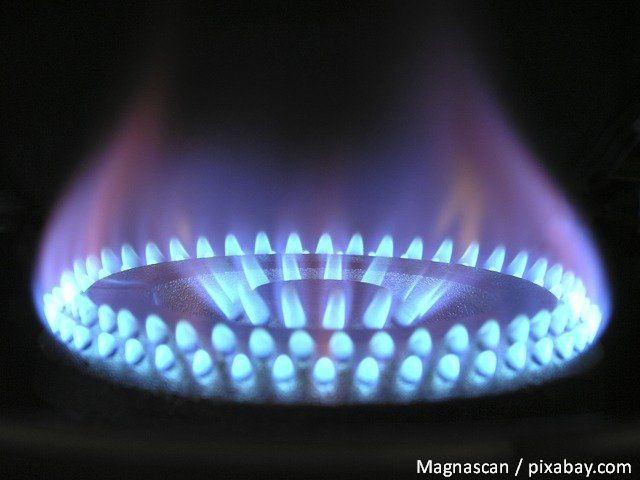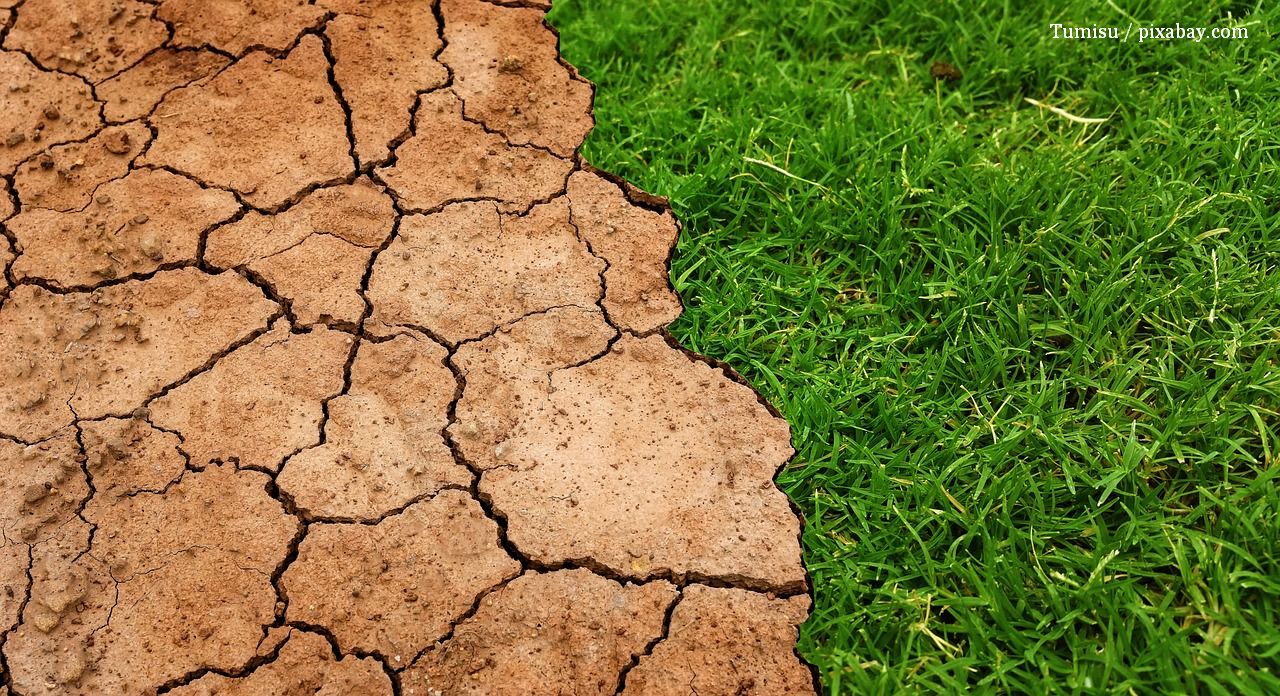Instruments Against Rising Energy Prices
Energy prices are booming all over Europe and the world

Corina Cristea, 22.10.2021, 13:45
EU states may grant home consumers emergency support under the form of vouchers, for instance, or by partial payments on bills, or state aid and tax incentives to businesses, in order to dampen the impact of exceptional boosts in energy prices all over the world. These are just some of the temporary measures recently recommended by Brussels, which aim primarily at vulnerable households and SMEs. Governments are advised to expand access to renewable energy acquisition contracts, since clean energy is not affected by price shocks.
Last but not least, the idea emerged to create a strategic natural gas reserve by joint acquisition, as the Union has proceeded in the case of vaccines. Figures indicated that the EU is faced with the highest gas prices in the last 15 years, a situation reflected in the rising trend in electricity prices. The phenomenon is felt around the world, and is closely related to a comeback of the economy post-pandemic. For Romania, higher prices are additionally related to the complete liberalization of the energy market on July 1 this year. The consequences are already being felt in the prices of foodstuffs, and implicitly in inflation. Here is economic analyst Constantin Rudnitchi:
“It is clear that the Romanian economy has been affected. We see a September rate of inflation of 6.3%, which is very high. We may already see the ripple effects of energy prices in other prices. First in foodstuffs prices, but not only, because there have been more price categories that went up. Unfortunately, for Romania it may be only the beginning. There are already forecasts that inflation this year may reach 7%, even 7.5%. It seems like an unstoppable wave, not only in Romania, all of Europe is seeking solutions.”
One of the factors in rising energy prices is Russia, one of the main sources of gas in Europe, a country that has a policy of moving away from moving its gas west through Ukraine. Moscow is undermining European energy security in order to promote its Nord Stream 2 gas pipeline, which would create a new direct energy connection between Russia and Germany via the Baltic Sea, according to foreign policy analyst Iulian Chifu:
“The Russian Federation plays a nefarious game of undermining European energy security in order to promote its Nord Stream 2, and make it functional. It has to be said that, even if they announced they finalized the pipeline, its ability of making it functional is very low. There are very laborious validation procedures. All are beholden to US sanctions. Also, it has to be seen that in the last year, Russian exports to Europe have been very low, including those meant for storage. In such a context, the main thing is that gas prices went up, because you will be purchasing in winter, not spring or summer, when no one is buying. Secondly, there is no route to bring it in, barring Ukrainian lines. That is what the pressure is for, in order to gain approval for Nord Stream 2.”
Russia is not using energy as a weapon, and is willing to discuss with the EU the stabilization of the European energy market, says President Vladimir Putin, who also insists on depolitization of the energy issue. The Kremlin leader assured everyone that Russia is totally in compliance with its commitments in terms of gas deliveries, which for Europe this year went up 10% in pipeline delivered gas, and 15% in LNG deliveries. Winter getting closer, however, found stored gas in Europe in very low quantities, including those in Romania. Speaking for Radio Romania, EuroMP Gheorghe Falca talked about the measures that Bucharest could take on medium term:
“A crisis is bad, but it also provides an opportunity to plan for the future. Romania did not make blanket gas purchases, because Romania is a gas producer, which is why we only purchase during winter, and we have a higher gas price now, because we did not make a blanket purchase. Now the Commission asks for purchases for the EU as a whole, which means we have to try to increase storage capacities, thus avoiding future crises. Moreover, on medium term, we can say that the Ministry of Energy has available a 10 billion Euro modernization fund, which means that in six years it can implement solar and wind energy. The National Program for Recovery and Resiliency has available 1.6 billion Euro for the same purpose. We also have 10 billion dollars in order to modernize reactor 1 at the nuclear plant in Cernavoda, as well as to finalize reactors 3 and 4. We are interested in extracting Black Sea off shore gas, we are talking about one billion cubic meters per year. In addition, we have 15 river basins, and we should adjust legislation to create microdams, avoiding pollution, appeasing the ecologists, and taking advantage of these basins.”
At the same time, solving the energy crisis may lead to a more stable and predictable economy, and increased investments, says the EuroMP.






























